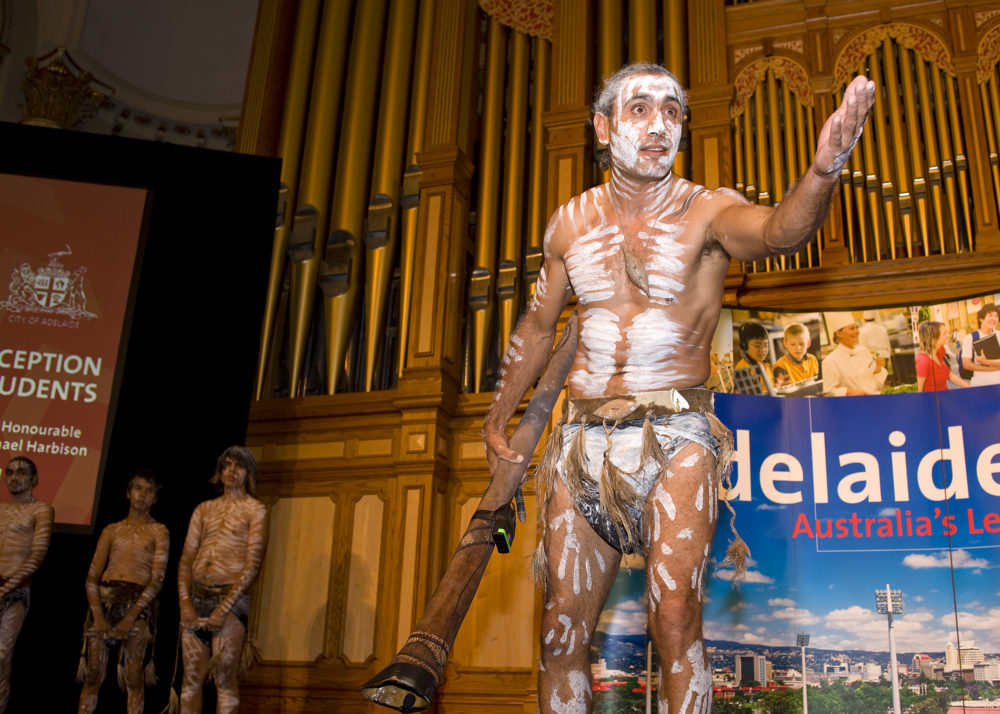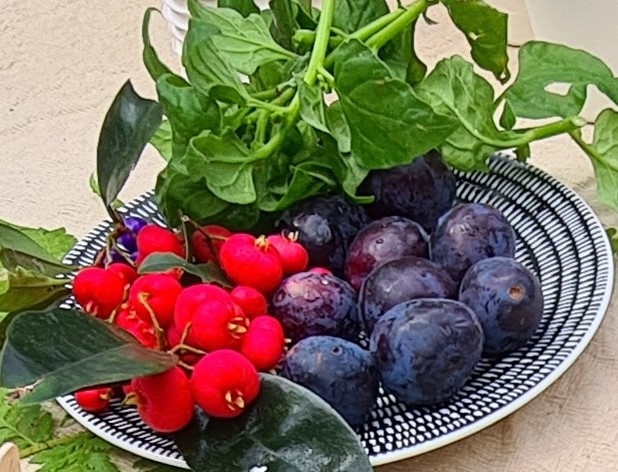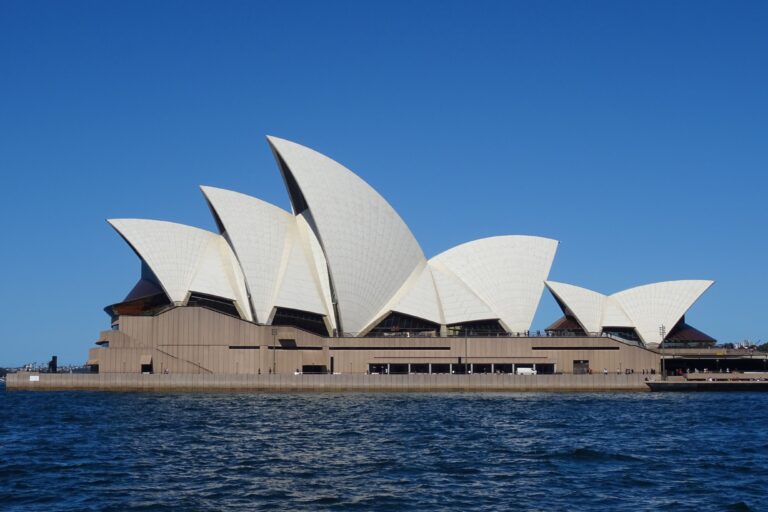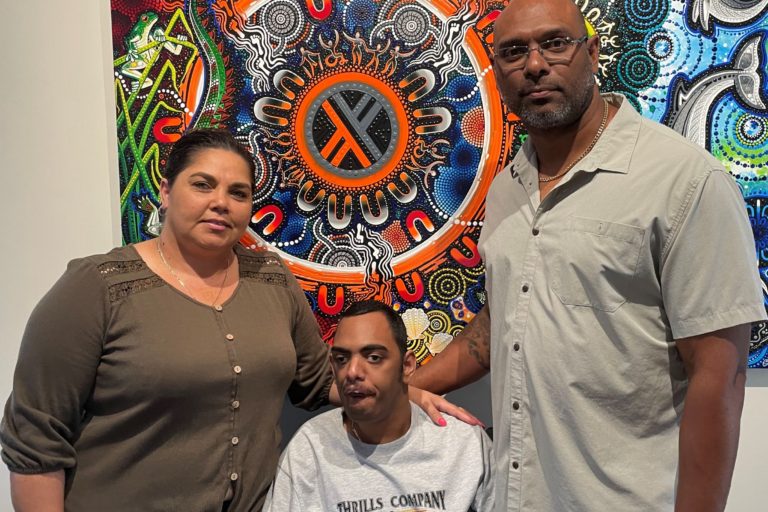By Neena Bhandari
Autumn in South Australia conjures of bright sunny days and balmy nights with festivals galore.
Come May, venues across the state come alive with South Australia’s History Festival. It offers locals and visitors the opportunity to discover and celebrate the state’s distinct history from Aboriginal times to a free-settled society and a present day vibrant destination.
Organised by History SA, the festival offers more than 500 events. “One can attend talks in pubs, churches, schools and even graveyards; explore topics as diverse as fashion, food and farming; enjoy film screenings, music and dance performances; or indulge in archaeological digs. There is something for all ages”, says Allison Russell, History SA’s Senior Curator for Community Engagement.
The festival began as History Week in 2004 with 128 events presented by 96 organisations. It was the then Director of the History Trust, Margaret Anderson, who decided to host an annual history-based community event, inspired by the success of the History Council of New South Wales’ annual History Week.
“Given the strength of the community history network in South Australia, we were confident that History Week would not only achieve its key aim of increasing awareness of the state’s rich and diverse history, but also provide the community network a state-wide, coordinated means to promote their part in the state’s history”, says Kathryn Walsh, who was the then Manager of the Community History Unit.
By 2011, the festival had become a popular addition to the state’s cultural calendar. So much so that it had to be extended to a month-long format to allow people chance to get to more events.
About 30 percent of the events occur within the City of Adelaide, allowing people to participate in multiple events within close proximity. Most events are free or for a gold coin donation or small fee. This year, the Adelaide City Council is featuring a 1916 panorama of the City of Adelaide in the City Library throughout May. It is also offering bike and self-guided tours and celebrating the 150th year of the Adelaide Town Hall.
The festival resonates the past and links the present into the future. For new immigrants, its a chance to delve into their new home’s past and share the history and culture from the country of their birth. For the locals, it’s an opportunity to see places that are not usually open to public, such as historic private residences.
The City of Holdfast Bay this year will open three historic residences to visitors – The Olives (1867) in Glenelg, Dunluce Castle (1912) in Brighton and for the first time Soward’s Villa (1887) on Moseley.
It is a wonderful opportunity for visitors to step back in time and imagine how families once lived. Sarah Tinney, who has been living in Dunluce Castle since 2005 says, “I feel whilst being a private residence, Dunluce Castle is a part of so many people’s personal stories and history and it is not for me to keep that from them. So many people that have come on the tours tell me of their childhood summers spent by the beach at Dunluce as far back as the 1930’s”.
She is often asked if there are ghosts or does she have a cleaner to maintain such a big house? She feels if the public has an opportunity to hear and learn about the history of the buildings it will help ensure the protection and survival of these icons.
It was in Glenelg, a suburb within the City of Holdfast Bay, that the first European settlers had arrived in 1836. “This is the birthplace of mainland South Australia”, says the Bay’s local history coordinator, Julia Garnaut.
From state government agencies and institutions to professional historians and volunteers passionate about the past, festival event organisers include community museums, historical societies, cemeteries, Country Women’s Associations, gardens, churches, libraries, cultural and community groups.
After a sell-out event last year, this year the Organisation of Hellene and Hellene-Cypriot Women of SA Inc is presenting ‘Nourishing the Sacred: Food for the Body and Soul’. It is an open forum, exploring the rich variety of customs and social rituals associated with Greek food, and its connection to the sacred, dating from ancient times to the present day.
The festival also has Focus programmes including the International Museum Day celebration on May 18th, the Archaeology Week from May 15th to 21st, the National Reconciliation Week that begins on May 27th, which gives people a chance to look at Adelaide through the lens of the indigenous Kaurna people; and the innovative Bar Yarns programme, where one can share local stories and exchange ideas on history over a glass of South Australian wine.
Rudyard Kipling once said that if history were taught in the form of stories, it would never be forgotten. The festival promises stories aplenty.
© Copyright Neena Bhandari. All rights reserved. Republication, copying or using information from neenabhandari.com content is expressly prohibited without the permission of the writer and the media outlet syndicating or publishing the article.




